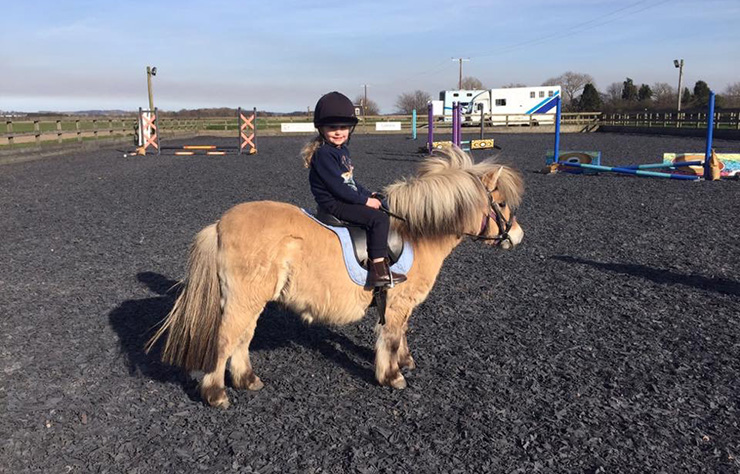
About Luffness Mains Farm
Luffness Mains is an arable farm on the coast of East Lothian, south-east Scotland, 20 miles from Edinburgh, growing mainly potatoes, carrots and cereals.
The land here has been farmed by three generations of the Stevenson family and since 2001 has been in the stewardship of Allan Stevenson, joined in 2009 by Farm Director Geert Knottenbelt and two years later by his son Graham Knottenbelt.
We grow crops not only on the 185 hectares of the home farm, but also on up to 400 hectares within about 70km (45 miles) of Luffness, which we manage with our team of seven.
We believe in continual improvement in our farming with sustainability in mind, and since 2006 have been a member of LEAF – Linking Environment and Farming, which is our main way to achieve this.
The dedication of our team and our commitment to innovative farming techniques are, we believe, key to our being effective and efficient food producers while also improving our sustainability.
We also have our own trucks for transporting our crops, through which we are able to provide a shipping service for customers including other food producers. And we host an equestrian facility on the farm, which is run as a separate business.

Farming
Want to know more about the world of sustainable farming and what we get up to here at Luffness Mains growing healthy food for multiple markets?

Equestrian
Does your horse/pony need some extra training? Why not book a session to use our all-weather arena with full set of show jumps.

Sustainability
We are committed to continuous improvement in the sustainability of our farming.

About Allan Stevenson
A career as a chartered, accountant in business has been followed by a plural career, including the farming business, and a portfolio of non-executive directorships and trustee roles.
Recent jobs have included Chairman at the Farmers Club in London, Chair of two company DB pension schemes in London, a Board appointment at the Innovate UK funded Agri EPI Centre, facilitating the development of agrifood technology for the UK food and farming sectors and Chair of Agrifood Investment Advisory, to bridge the gap between innovative agrifood start-ups and investors.
More personal time on the farm focusing on sustainable food production seems attractive now, despite the challenges of bad weather and the demands on farmers to give up on food and ‘save the planet’ with more trees and flowers on the whim of politicians and NGOs who think we can just import our food.